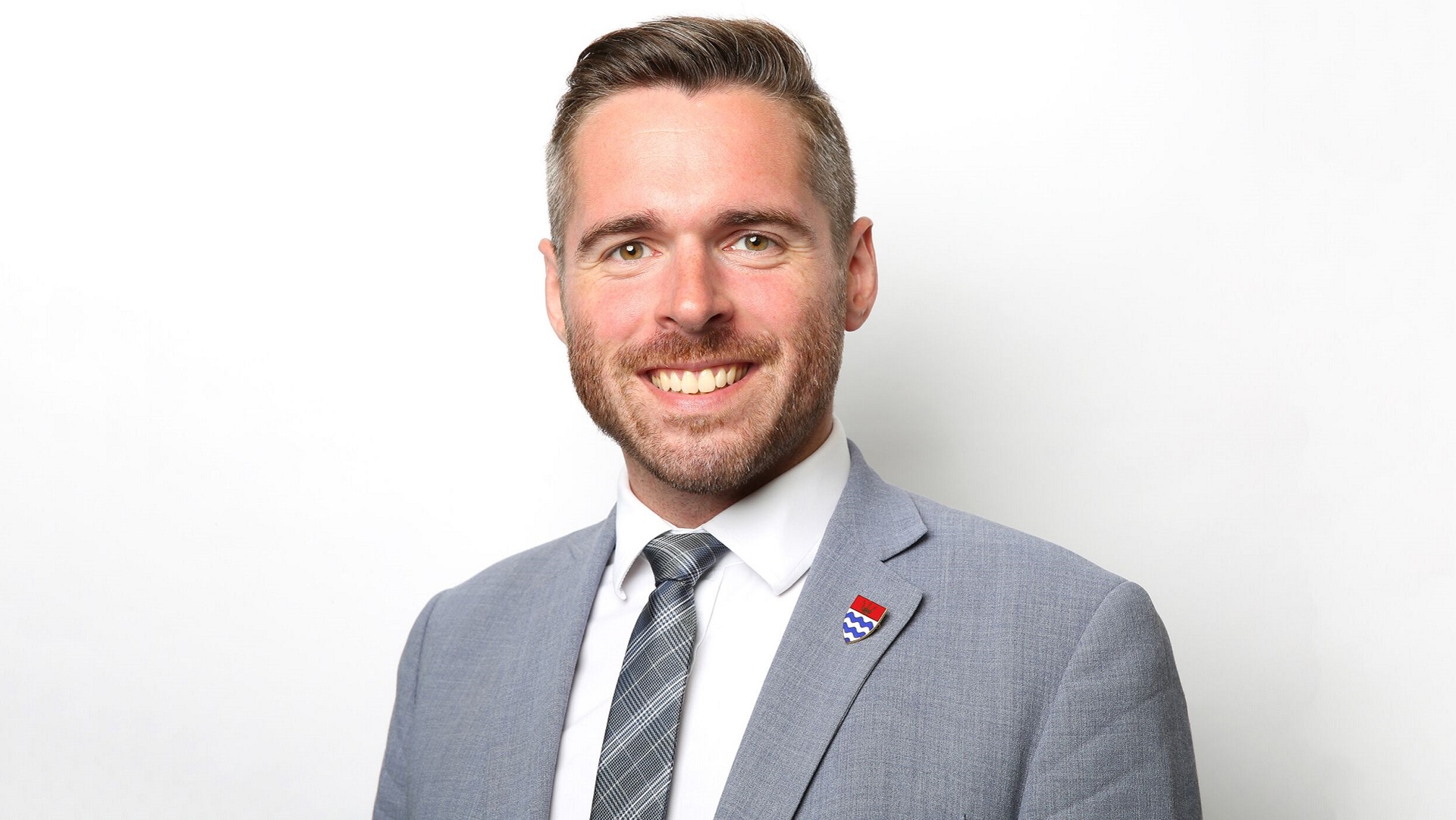The JCVI has recommended that all four nations in the UK prioritise based on age in the vaccine rollout. The Westminster Government says 7.1 million people have received their first jab so far as they race to protect people aged over-80 and key workers before moving down through age groups.
A Government spokesperson told The Big Issue: “The NHS is working tirelessly to bring an end to this pandemic through vaccinations, and the Government is following the independent advice of the Joint Committee on Vaccination and Immunisation (JCVI), which agrees priority groupings for vaccines.
“This advice is put forward by independent experts and has been developed with the clear aim of preventing as many deaths as possible, and protecting the health and social care system.”
At local level, some councils have already opted to defy the guidance. Oldham Council was the first authority to vaccinate homeless people, giving Lee Ullha and Kelly Heney the jab on January 13. The councillor behind the plan Dr Zahid Chauhan later wrote to Health Secretary Matt Hancock urging him to advise other councils to follow Oldham’s lead.
Redbridge Council in London were next to begin Covid vaccinations while Liverpool City Council gave 500 people experiencing homelessness the jab over two days last weekend.
Meanwhile, homelessness charities Shelter and Homeless Link have urged priority access to Covid vaccinations for people experiencing homelessness. St Mungo’s made an identical call this week and warned people accommodated in emergency hotels in London were twice as likely as the general population to be classed as ‘extremely clinically vulnerable’.
Advertising helps fund Big Issue’s mission to end poverty
We have a window of opportunity to vaccinate this group whilst this emergency accommodation is in place
Read the letter in full:
“Dear Professor Wei Shen Lim,
The health of rough sleepers, those on the street and housed in hotels and hostels, is extremely poor.
We estimate that at least a third of this group are clinically vulnerable to COVID-19 with underlying health conditions, and there is a high level of undiagnosed and untreated chronic disease.
The average age of death in this group is 45 years, and research shows that many have a health age equivalent to a population in their 70s or 80s. Estimates suggest that around two thirds of this group would accept a COVID-19 vaccine if offered it.
London has the largest concentration of rough sleepers, on the street and housed in hotels and hostels, in the country. Over the course of the pandemic a huge amount of action has been taken to provide accommodation for this group. The Greater London Authority currently commissions emergency accommodation, support and other services for over 800 people in hotels.
Advertising helps fund Big Issue’s mission to end poverty
We have a window of opportunity to vaccinate this group whilst this emergency accommodation is in place, currently only funded until the end of March. Once the hotels close, a significant proportion of this group will be dispersed across London. We have used the opportunity that stable accommodation provides to access this group successfully for other communicable diseases, such as Hepatitis-C and HIV.
Whilst a significant proportion of this group will be in the clinically vulnerable cohort, whether an individual is in a priority group is yet to be established. Given the high vulnerability of this group as a whole, it would make practical sense and be more efficient, particularly in large scale settings, to provide the vaccine to all those in the setting.
The JCVI guidance advises that ‘Implementation should also involve flexibility in vaccine deployment at a local level with due attention to:
- mitigating health inequalities, such as might occur in relation to access to healthcare and ethnicity
- vaccine product storage, transport and administration constraints.’
Given the combination of vulnerability to COVID-19, access issues, and practicalities such as the accommodation window we now have, there is a strong case for prioritising this group for the vaccine through the flexibility that JCVI guidance provides.
We are writing to seek clarification from the JCVI that London should use this flexibility to ensure that the window of opportunity presented by emergency accommodation is maximised to protect public health, and ensure clinical time is used efficiently in administration of the vaccine.
Advertising helps fund Big Issue’s mission to end poverty
Yours sincerely,
Tom Copley
Deputy Mayor for Housing
Dr Tom Coffey OBE
Senior Advisor to the Mayor, Health Policy and Residential Development”






